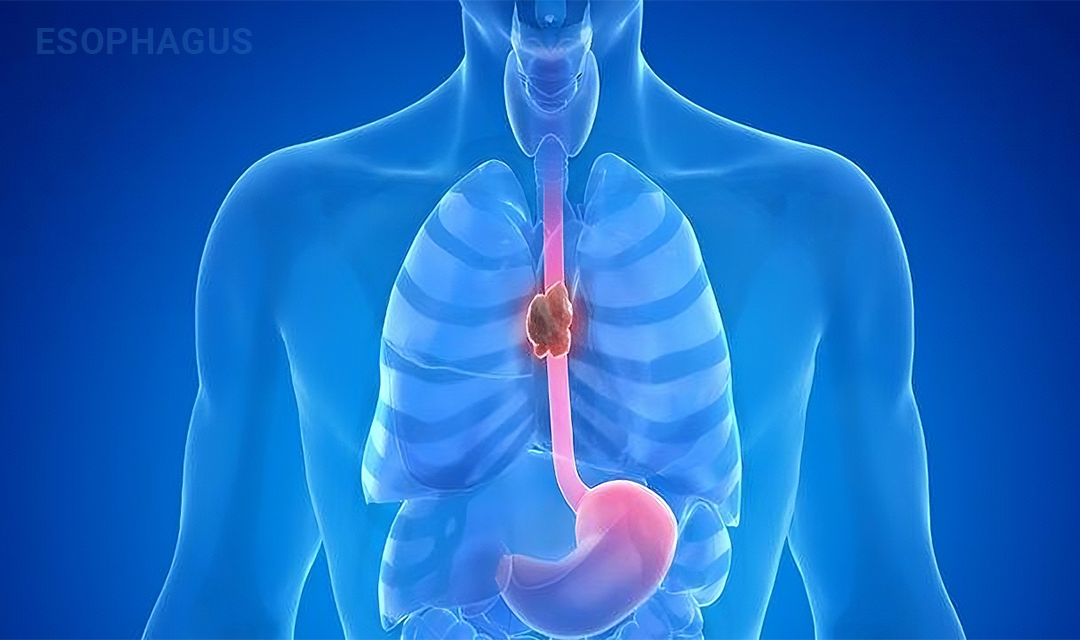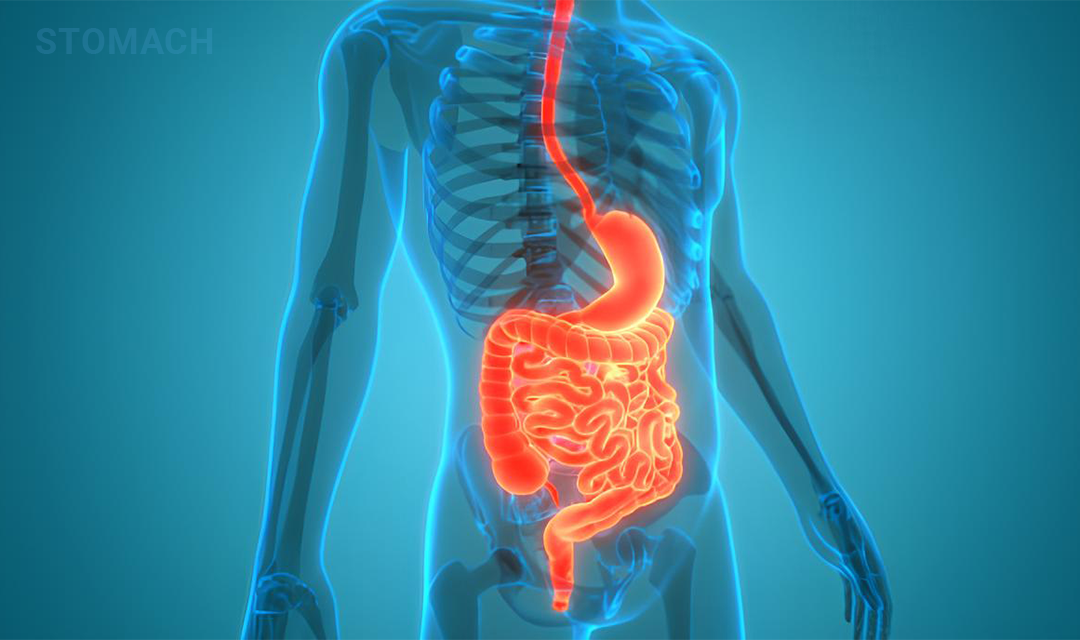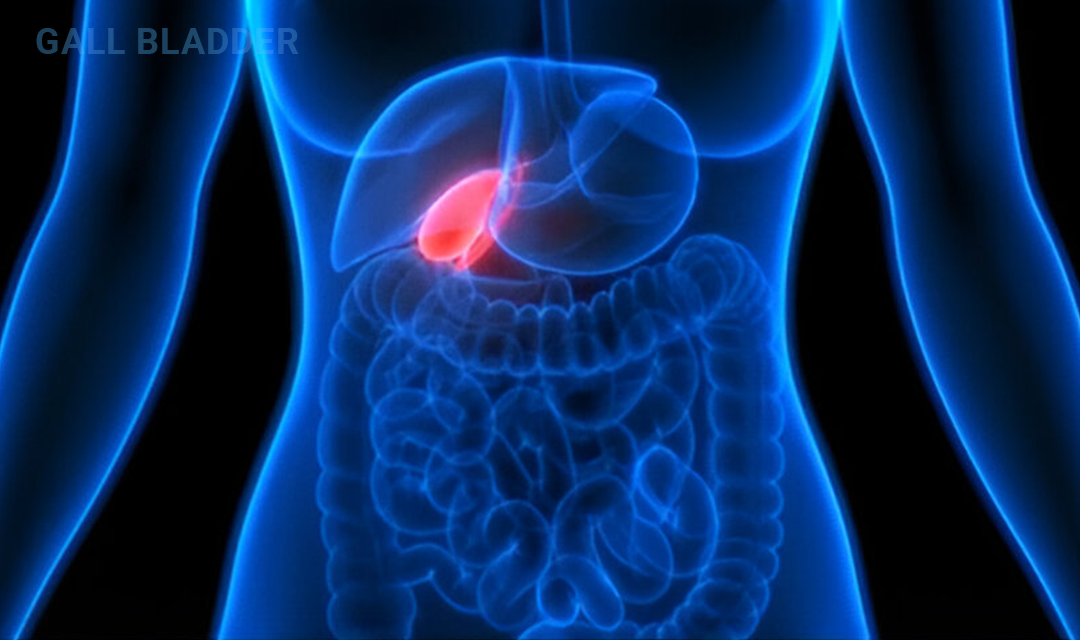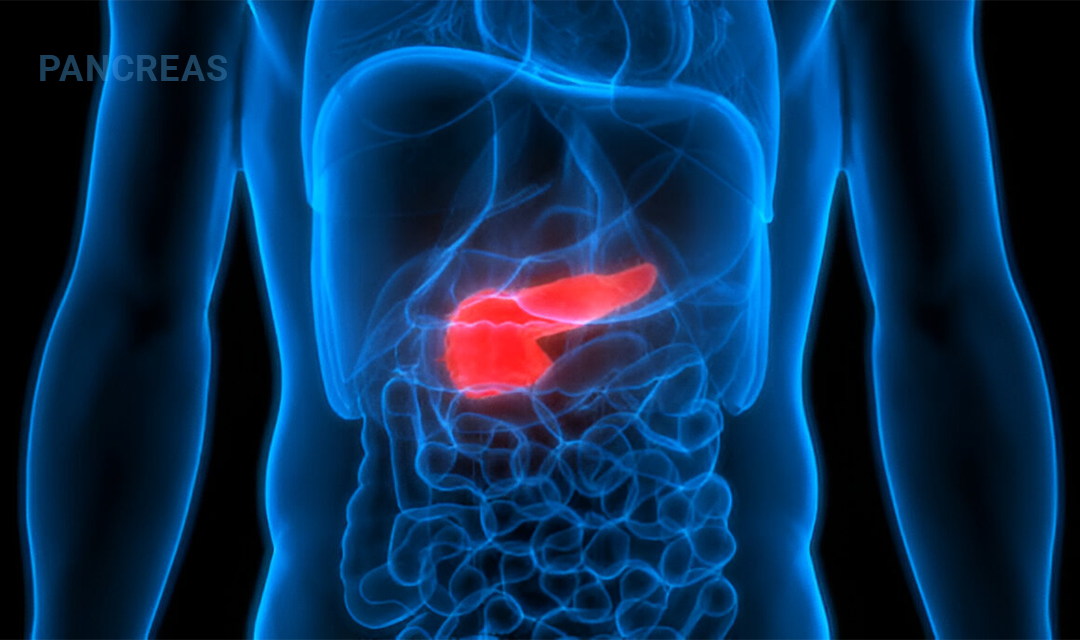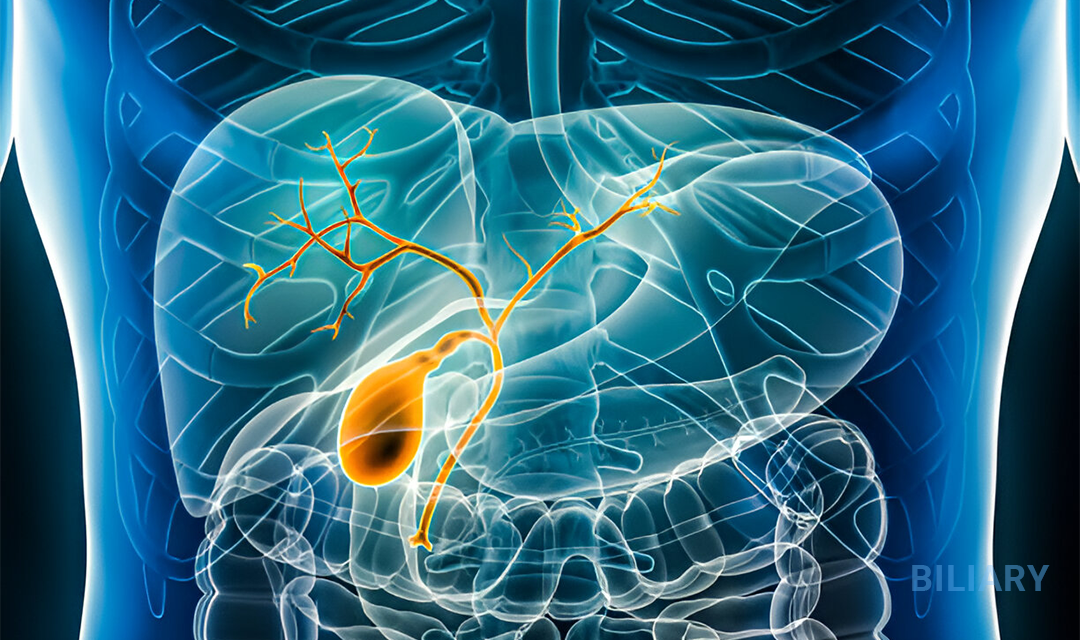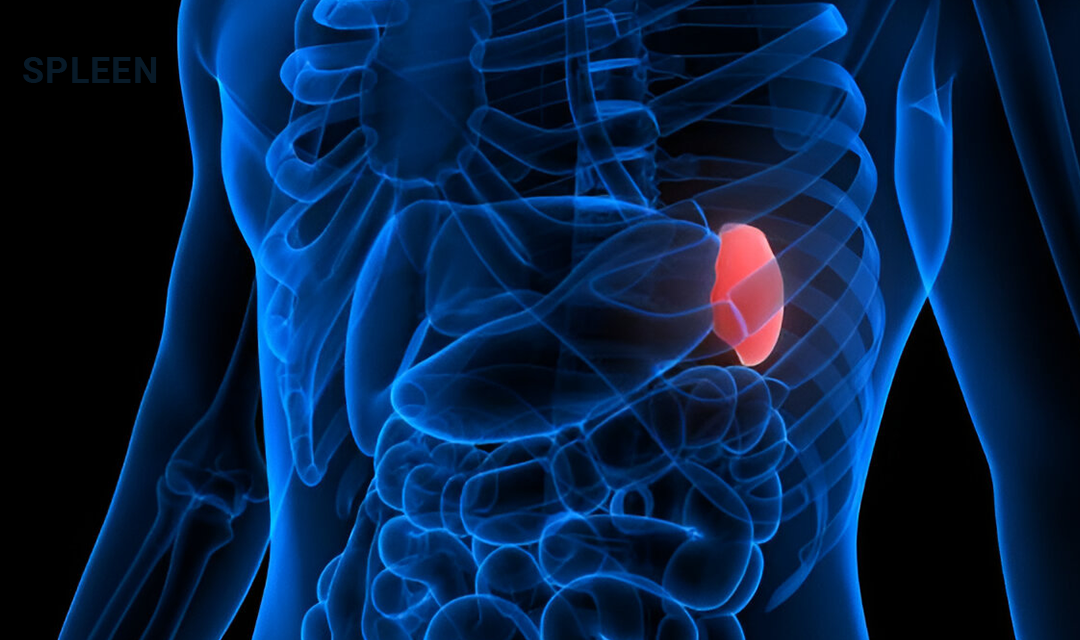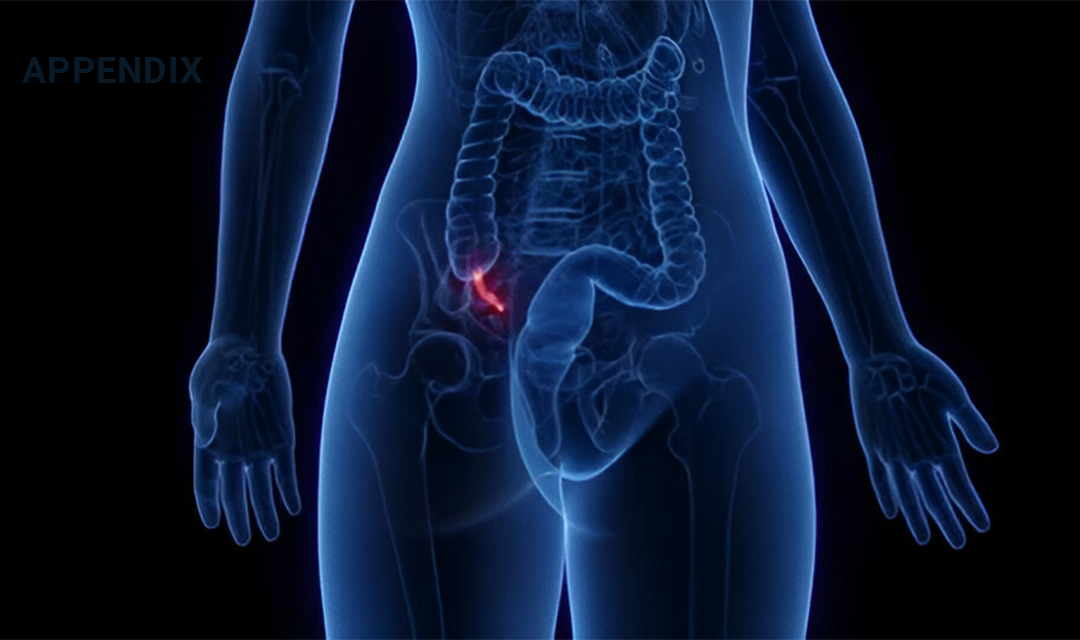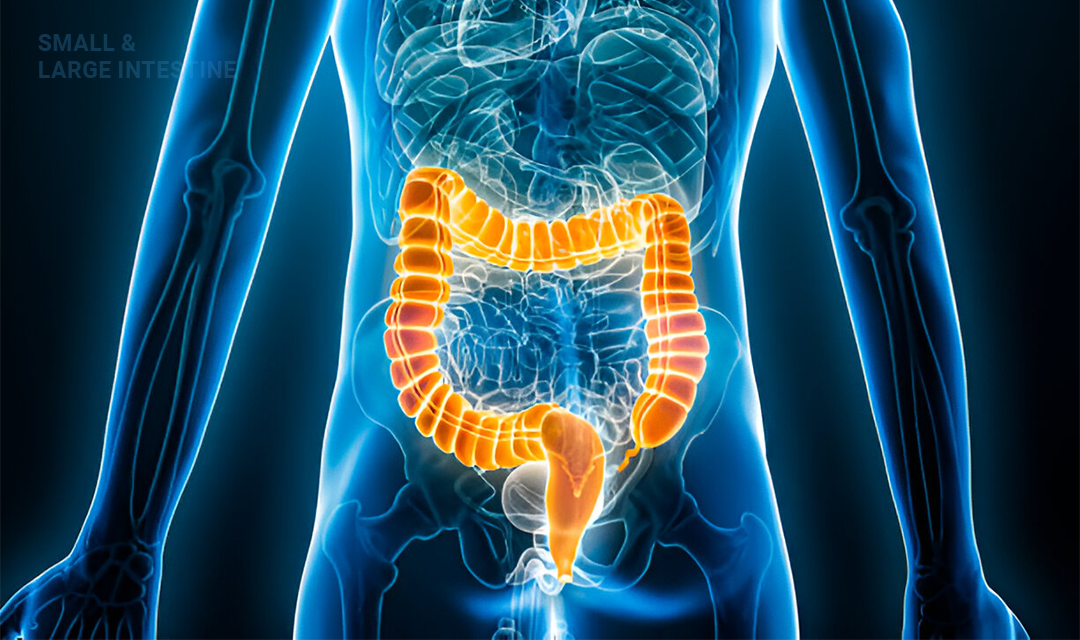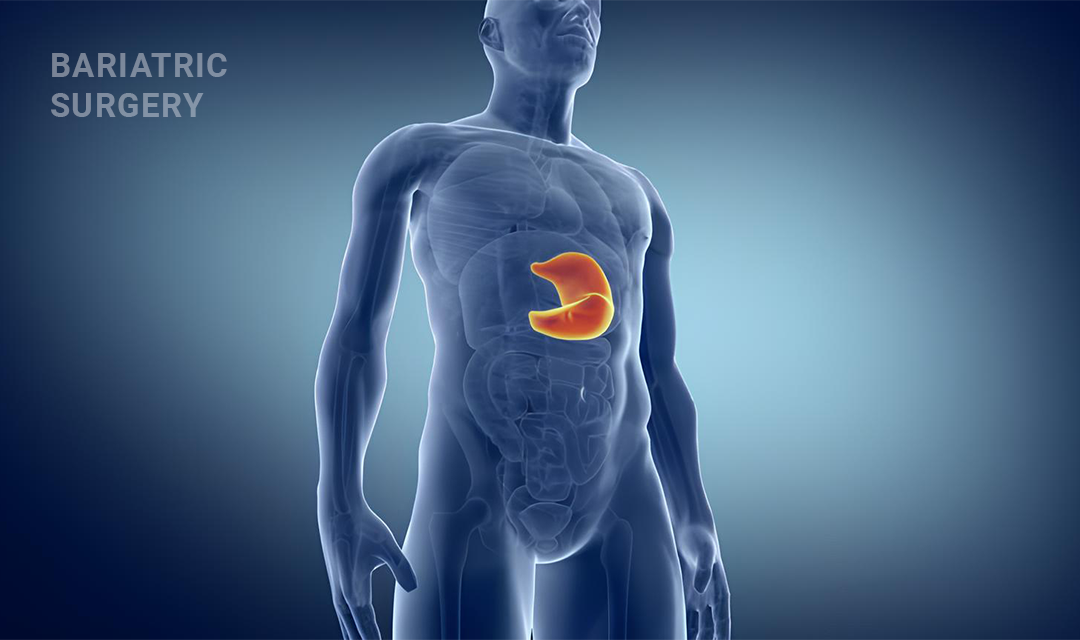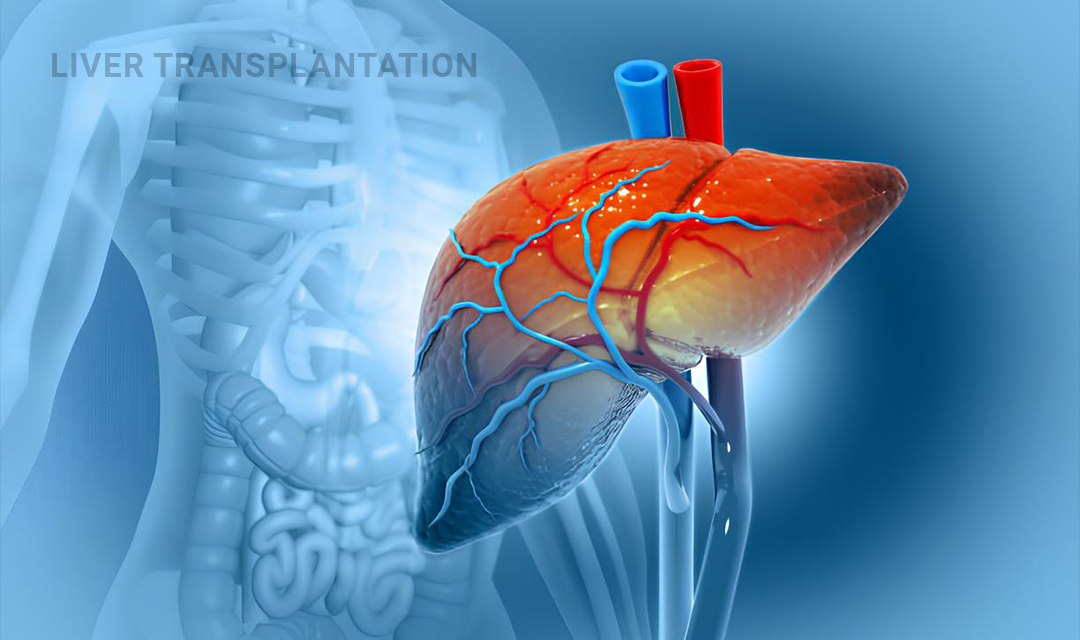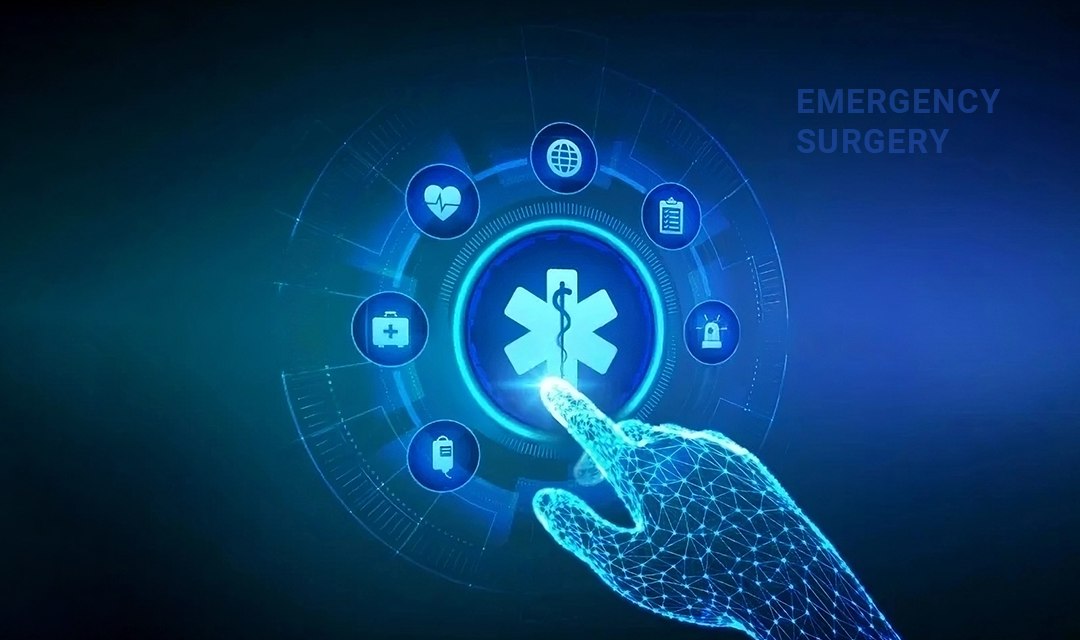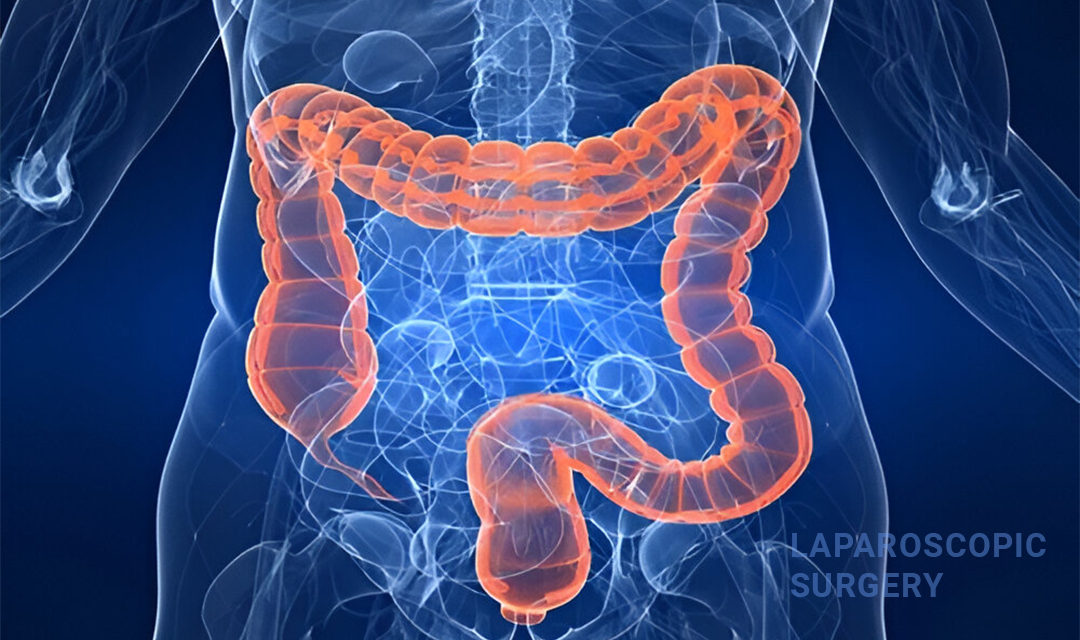
Laparoscopic Surgery in Guntur - Expert Gastro Surgeon
What is Laparoscopic Surgery?
Laparoscopic surgery, also known as minimally invasive surgery, allows surgeons to perform procedures through small incisions using a camera and specialized instruments. This technique contrasts with traditional open surgery, offering a quicker recovery, less pain, and reduced scarring.
How Does Laparoscopic Surgery Work?
- Small Incisions: Tiny cuts, usually 0.5 to 1 cm, are made for instrument and camera entry.
- Camera Guidance: A laparoscope with a camera is inserted, providing real-time visuals on a monitor to guide the surgeon.
- Precision Instruments: Specialized instruments are inserted through other small incisions to perform the surgery.
- Procedure Execution: The surgeon operates using the images on the screen and manipulates the instruments for cutting, suturing, and more.
- Closure: After the surgery, the instruments are removed, and the incisions are closed with sutures or adhesive strips.
Advantages of Laparoscopic Surgery
- Minimally Invasive: Smaller incisions cause less tissue damage and quicker recovery.
- Reduced Pain: Patients experience less post-operative pain due to smaller cuts.
- Faster Recovery: Most patients return to their regular activities sooner than with traditional surgery.
- Less Scarring: Smaller incisions result in minimal scarring.
- Shorter Hospital Stay: Many laparoscopic procedures require only a short hospital stay.
Common Procedures Performed with Laparoscopy
- Appendectomy: Removal of the appendix.
- Cholecystectomy: Gallbladder removal.
- Hernia Repair: Fixing inguinal, umbilical, or other hernias.
- Colorectal Surgery: Procedures involving the colon or rectum.
- Gynecological Surgery: Hysterectomy, ovarian cyst removal, and other procedures.
- Bariatric Surgery: Weight loss surgeries, including gastric bypass and sleeve gastrectomy.
Causes for Laparoscopic Surgery
- Hernias: Laparoscopic repair is often used for inguinal, femoral, and umbilical hernias.
- Gallbladder Issues: Conditions like gallstones are treated with laparoscopic cholecystectomy.
- Appendicitis: A common reason for laparoscopic appendectomy.
- Colorectal Conditions: Laparoscopic surgery is used for conditions like diverticulitis or cancer.
- Obesity: Bariatric surgery helps in weight reduction with minimal invasion.

“Dr. Varun offers expert care in laparoscopic surgery, providing advanced techniques and personalized treatment for patients in Guntur.”
Treatment Options
-
Surgical Repair:
- Open Surgery: A larger incision is made to repair the hernia, placing the protruding tissue back and strengthening the abdominal wall.
- Laparoscopic Surgery: A minimally invasive procedure using small incisions, typically with the placement of a mesh for reinforcement.
- Watchful Waiting: For small or asymptomatic hernias, doctors may recommend monitoring without immediate surgery, with regular check-ups to avoid complications.
Risks and Complications
- Infection: As with any surgery, there is a risk of infection at the incision sites.
- Bleeding: Internal bleeding can occur, though it is less common.
- Organ Injury: Rarely, surrounding organs may be injured during the procedure.
- Gas Embolism: During the procedure, carbon dioxide gas is used to inflate the abdomen. In rare cases, this gas can enter the bloodstream and cause complications.
- Conversion to Open Surgery: Sometimes, laparoscopic surgery may need to be converted to open surgery if complications arise or if the laparoscopic approach is not feasible.
Recovery and Aftercare
- Post-Operative Care: Patients may experience mild discomfort or bloating after surgery. Pain management typically includes over-the-counter pain relievers or prescribed medication.
- Activity: Most patients are encouraged to walk and resume light activities soon after surgery. However, strenuous activities and heavy lifting should be avoided for a few weeks.
- Follow-Up: A follow-up visit with the surgeon is usually scheduled to ensure proper healing and to address any concerns.
Frequently Asked Questions (FAQs)
Happy Healing Stories

“Thanks to Dr. Varun’s expertise in laparoscopic surgery, my procedure was a success, and I’m back to my normal activities with minimal discomfort. His skill and care made all the difference.”
- Rajesh Kumar
- Satisfied Patient

“Dr. Varun’s meticulous approach to my laparoscopic surgery provided me with a quick recovery and excellent results. I am deeply thankful for his professional care.”
- Sneha Reddy
- Grateful Patient
